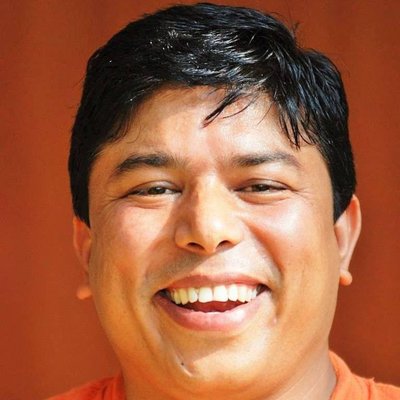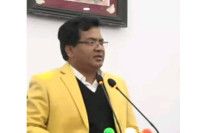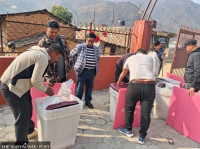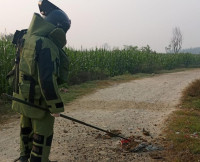National
Panel forwards transitional justice picks. Victims decry
Former joint attorney general Thapa and ex-chief secretary Gadtaula nominated as chiefs of TRC, CIEDP, respectively.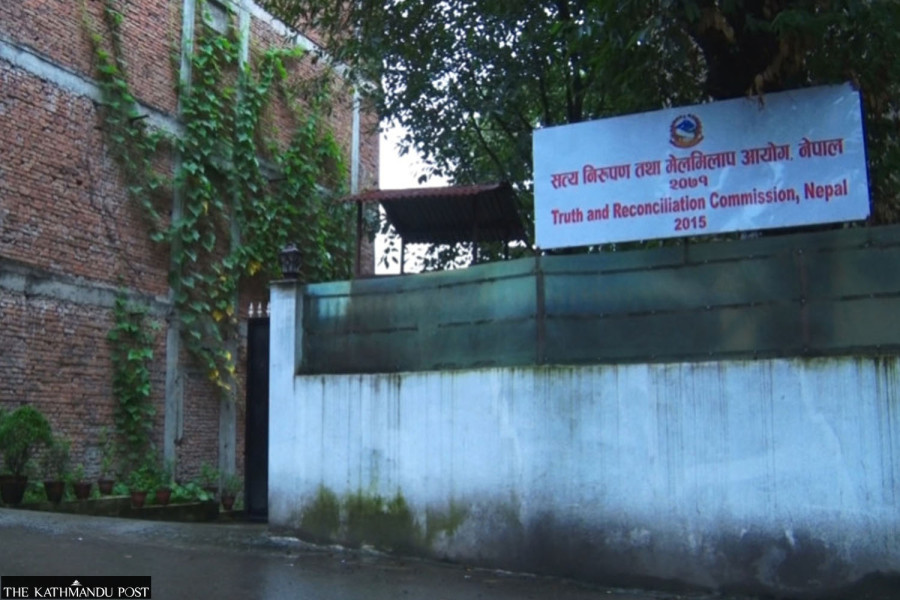
Ghanashyam Khadka
The committee tasked with nominating candidates for the two transitional justice commissions has forwarded names for the heads and members of the two bodies amidst protests from conflict victims.
The former chief justice Om Prakash Mishra-led panel submitted the list of five nominees each for the Truth and Reconciliation Commission (TRC) and the Commission of Investigation on Enforced Disappeared Persons (CIEDP) to Minister for Law, Justice and Parliamentary Affairs Ajay Kumar Chaurasiya on Sunday.
“The names will be made public by the government when it appoints them,” Mishra told the Post.
According to Mishra, they picked 10 candidates from the shortlist of 34 aspirants for the two commissions. Five members including a chair need to be appointed in each of the bodies.
The recommendation committee had interviewed shortlisted candidates for three days since Wednesday. Then, they prepared the final list along with a report and submitted it to the minister on Sunday.
The list was finalised even as conflict victims demanded the committee’s dissolution, accusing it of picking candidates at the behest of major political parties.
According to sources, the committee has nominated former joint attorney general Mahesh Thapa as chair of the TRC and former chief secretary Liladevi Gadtaula as chair of the CIEDP.
Seventy-year-old Thapa, who retired from government service 12 years ago, was backed by the Nepali Congress, while Gadtaula, who retired as chief secretary in August last year, was picked by the prime minister’s party, the CPN-UML, sources said. Gadtaula is the first woman to become Nepal’s chief secretary.
“Why all the drama if the leaders were bent on appointing office bearers based on party quotas?” said Maoist leader Devi Khadka, who is also a founder of Aprajit Foundation, an organisation formed to advocate for victims of sexual violence during the Maoist insurgency. “The government has rubbed salt in our wounds by picking those who have made no contribution to the transitional justice process, while bypassing those who fought for this cause for years."
Conflict victim and rights activist Ram Bhandari said they would reject such picks.
Earlier on Sunday, dozens of conflict victims staged a sit-in at the National Human Rights Commission office in Pulchowk, Lalitpur.
They protested against the politicisation in the selection process of office bearers for the two transitional justice commissions.
Commissioner Lily Thapa from the National Human Rights Commission is one of the members in the recommendation committee.
They chanted slogans demanding transparency and inclusion of the victims. The demonstrators warned that they would padlock the commissions’ offices and form a parallel truth commission if their demands were ignored.
“Victims must not be sidelined,” said one protester, highlighting the lack of consultation and the growing frustration with government-led procedures.
The sit-in followed a separate demonstration at Maitighar on Saturday, where conflict victims held a rally demanding that the recommendation committee refrain from nominating party-affiliated individuals.
Just days earlier, representatives of conflict victims had submitted a memorandum to Prime Minister KP Sharma Oli, urging him to ensure that the new commission leadership is impartial and trusted by victims.
The recommendation committee was formed by a Cabinet decision on March 24 to fill the vacant posts.
The TRC and the CEIDP have been defunct for around three years in the absence of their office bearers. The government in July 2022 decided not to extend the terms of the chairpersons and members saying new teams would be brought in after amending the Act. The Act was revised in August last year, but the commissions remain vacant.
While the truth commission has 63,718 complaints registered with it, there are around 2,400 cases with the disappearances commission.




 9.75°C Kathmandu
9.75°C Kathmandu